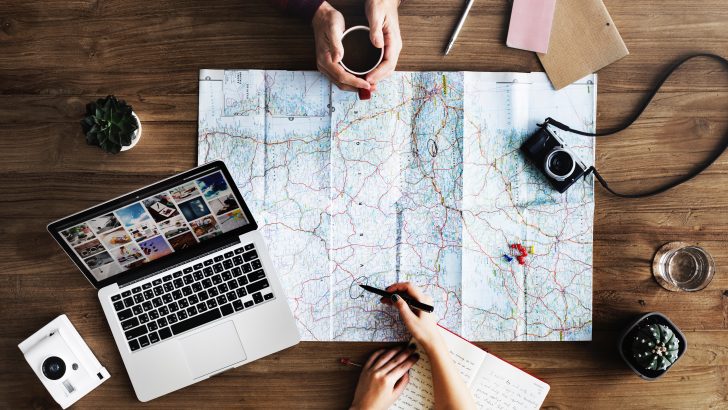French campsites remain for me the archetypal holiday destination. It’s hard to describe the utter excitement we felt at arriving in France as children. The first time I left Ireland, in the early 1980s, was aboard a ferry which departed from just near my home in Cork. The ferry port was so close that we often cycled to it of an evening to watch the ships.
Once Cork to Roscoff ferries began running in the 1980s, a whole new world opened up for Cork families. Until then Kerry or Waterford were considered quite exotic holiday destinations. I had often gazed in wonder at the “France ferry” sailing out of Cork harbour and the impossibly exotic name emblazoned on its bow: Quiberon. By the time our old Toyota rolled into the yawning cargo doors of the Quiberon, with heavy canvas tents strapped to the roof, I felt the ship an old friend.
I can still recall the diesel fumes onboard, and the melodious French voices in this new floating world. The next morning, I recall my first sight of the French countryside, and houses with ornate slates. We soon discovered the food – such as warm croissants and baguettes – at a time when sliced plan was the only bread known in Ireland. Like explorers, we discovered the deep heat of a French summer – for who in Ireland then knew that seawater could actually be warm, and not a test of character? We had never before seen such lighting storms. We encountered glow-worms, lizards and snakes.
We touched fragments of history, from chateaux to Roman ruins, and remnants of the wars that had so recently wracked France. Sensing my interest, an old French man once gave me an unspent bullet form the first world war, which he had ploughed from his own now incongruously peaceful fields. In Normandy, we saw the still fresh concrete the Mulberry harbours, and the German gun emplacements, deep shell holes and thousands of white crosses.
All this made a terrific impression on my mind as a child. Even subsequent travel to places like India, Nepal, Hawaii, New York and New Zealand strained to measure against these first formative childhood trips to France. The impact of France upon my child’s mind still gives it an ethereal quality. It remains the land to which I feel continually drawn to return.
As parents, we have a remarkable opportunity when planning holidays. They can form a child’s very consciousness, and spark an interest in distant times, other cultures and new languages. With echoes of my own childhood holidays in mind, we recently boarded a ship to France as a family, with an amazing little campsite as our destination. For the smaller two, the close family time and the waterslides would be the main event. But the older two, now 8 and nearing 10, would remember much more of this trip. They would feel the past, and sense and measure this new land.
They boarded the ferry with the same elation I recall in myself. During a magical fortnight we saw Mont Saint Michel and the Bayeaux tapestry and Norman cathedrals – and the interior of many creperies.
It being just after the 75th anniversary of D-day, we also visited the landing beaches, where the kids clambered on the bunkers, and touched bullet holes and climbed into the shell holes. They were hushed by the sight of those white crosses, stretching into the distance. For kids inevitably learn something about war, and it is better they do so in such ways, rather than through video games.
Of course, our historical excursions were merely an adjunct to the daily swims, the beach trips, waterslides, games and many wonderful meals. My boy took up fishing and even caught his first fish in the campsite lake. He played football with some kids from Paris. The older kids practiced their French on their daily trips to the shop to pick up our baguettes and croissants. Looking at their happy faces, I saw that the very same magic I remembered as a child still imbues France.


 Rory Fitzgerald
Rory Fitzgerald
